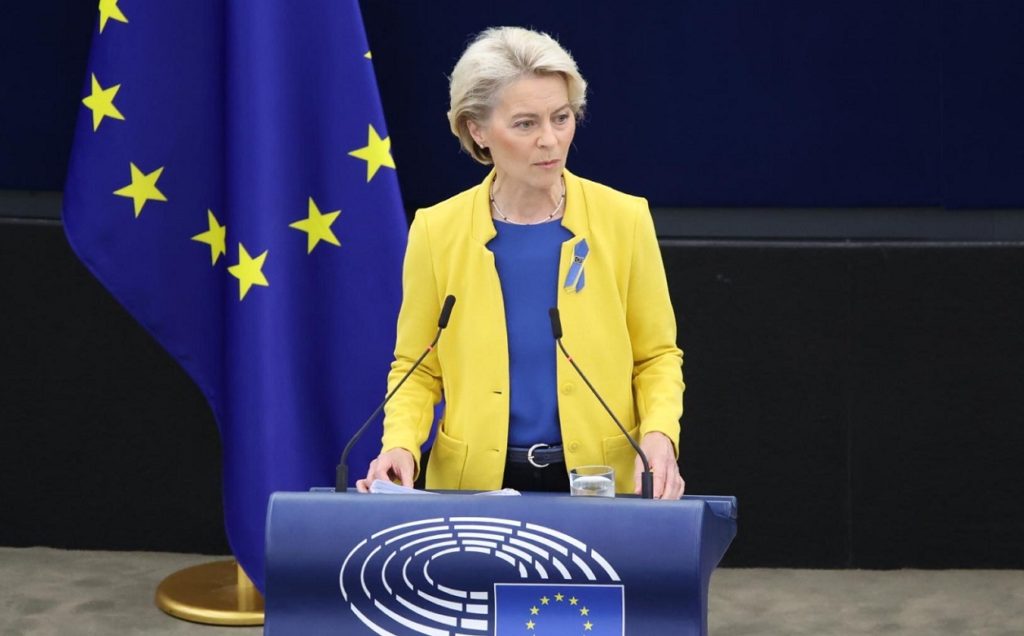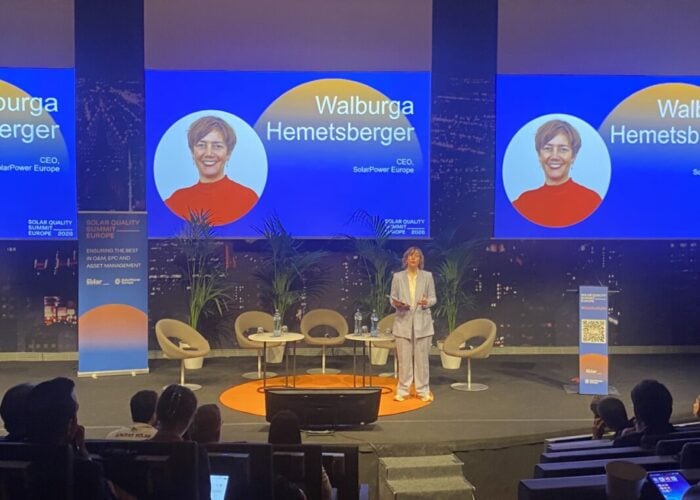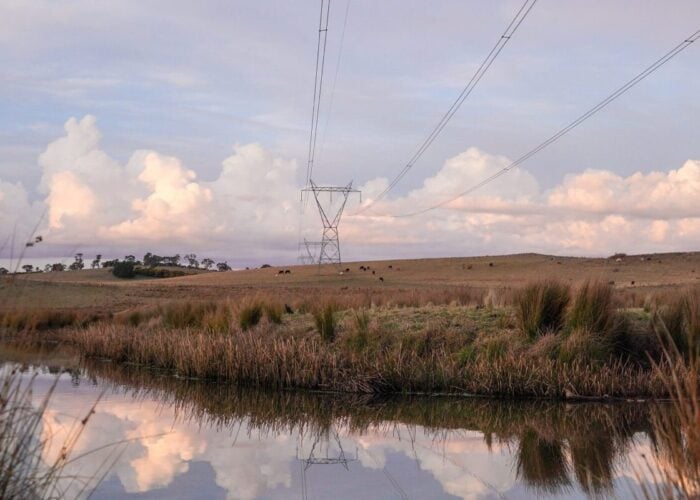
Solar PV plants across the European Union (EU) could be subject to a temporary revenue cap under new proposals aimed at helping energy consumers reduce their bills.
The European Commission (EC) has proposed a temporary revenue cap on ‘inframarginal’ electricity producers – technologies with lower costs, such as renewables, nuclear and lignite – which are providing electricity to the grid at a cost below the price level set by more expensive marginal producers.
Try Premium for just $1
- Full premium access for the first month at only $1
- Converts to an annual rate after 30 days unless cancelled
- Cancel anytime during the trial period
Premium Benefits
- Expert industry analysis and interviews
- Digital access to PV Tech Power journal
- Exclusive event discounts
Or get the full Premium subscription right away
Or continue reading this article for free
These inframarginal producers “have been making exceptional revenues” as gas plants have driven up the wholesale electricity price, the EC claimed.
“These companies are making revenues they never accounted for, they never even dreamt of,” EC President Ursula von der Leyen said during her State of the Union speech today.
The commission has proposed to set the inframarginal revenue cap at €180/MWh (US$180/MWh) until 31 March 2023, which it said will allow producers to cover their investment and operating costs without impairing investment in new capacities.
However, Kristian Ruby, secretary general of electricity industry body Eurelectric, said proposed measures to cap revenues for renewable and low-carbon electricity producers “risk damaging investor confidence”.
According to EC projections, EU member states would be able to collect up to €117 billion from the cap on an annual basis, with the surplus revenues to be channelled to final electricity consumers exposed to high prices.
The EC said these revenues can then be used to provide income support, rebates, investments in renewables, energy efficiency or decarbonisation technologies.
The proposals, which can be found here, stipulate that the cap should be limited to market revenues rather than encompassing total generation revenues (including for instance those stemming from support schemes), to avoid significantly impacting the initial expected profitability of a project.
According to trade body SolarPower Europe, the revenue cap safeguards solar PV plants that don’t earn extra profits on electricity markets, such as those backed by feed-in tariffs, contracts for difference and corporate power purchase agreements.
However, member states do have the possibility to introduce further caps without the approval of the EC. “This creates high uncertainty for investors and endangers the integrity and unity of the EU market,” said Naomi Chevillard, head of regulatory affairs at SolarPower Europe.
“The European Commission should set a European-wide base-level of proportionality for the new cap measures.”
To avoid excessive administrative burdens, the EC proposal says member states should be allowed to exclude generating facilities with a capacity below 20kW from the revenue cap.
The EC has also proposed what it calls a “temporary solidarity contribution” on excess profits generated from activities in the oil, gas, coal and refinery sectors that are not covered by the inframarginal revenue cap.
This would be collected by member states on 2022 profits that are above a 20% increase on the average profits of the previous three years, with revenues to be redirected to energy consumers, in particular vulnerable households, hard-hit companies and energy-intensive industries.
The solidarity contributions of the fossil sector would be applied for one year after entering into force and could bring in an estimate of around €25 billion of public revenues.
Additionally, with the EU confronted with the effects of a severe mismatch between energy demand and supply, the EC has proposed that member states aim to reduce overall electricity demand by at least 10% by 31 March 2023.
The EU’s climate policy chief, Frans Timmermans, said the energy crisis “underlines that the era of cheap fossil fuels is over and that we need to accelerate the switch towards homegrown, renewable energy”.






